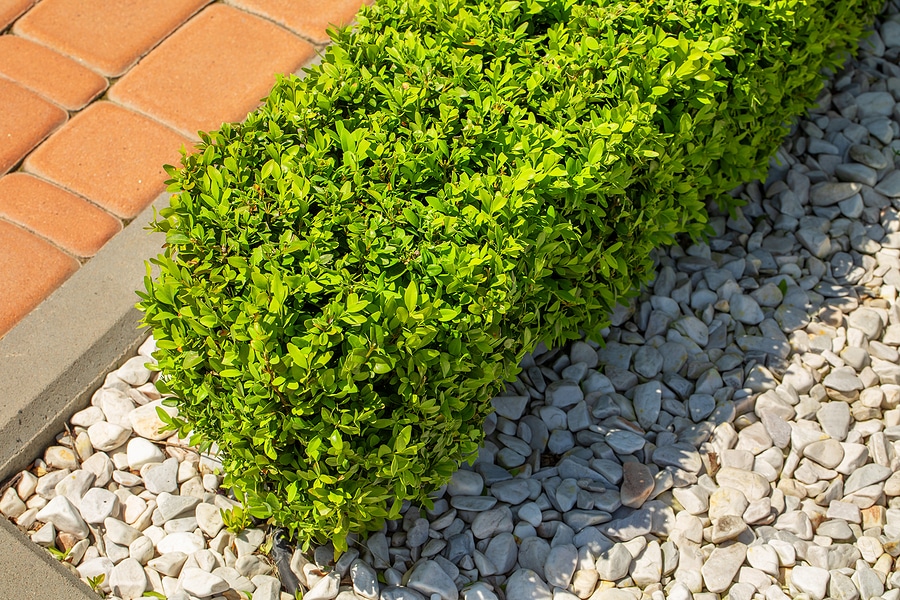3 Signs of Boxwood Nematodes
Boxwood nematodes are microscopic worms that can infect and damage boxwood plants. If not treated, these pests can cause serious damage to the plant, ultimately leading to its death. As a homeowner, it’s essential to understand the signs of a nematode infestation so you can take action to protect and save your boxwood shrubs. So, if you notice any of these three signs, it’s time to call Nature’s Select Piedmont.

1. Yellowing or Browning Leaves
The first sign of boxwood nematodes is yellowing or browning leaves. If your boxwood looks like it’s turning yellow or brown and doesn’t seem to be getting better despite watering and fertilization, it could be due to nematode infestation. This discoloration occurs because nematodes feed on the roots of the boxwood plant, depriving it of essential nutrients and water. If left untreated, this condition may spread all over the plant.
2. Stunted Growth
The second sign of boxwood nematodes is stunted growth. If your boxwood plant isn’t growing as expected despite proper maintenance, it could be a sign of nematode infestation. Because the nematodes stunt the plant’s growth by feeding on the roots, a boxwood cannot grow to its full potential. Ultimately, damaged roots make it harder for the plant to absorb nutrients, causing stunted growth.
3. Dieback
The third sign of boxwood nematodes is dieback. Dieback occurs when the nematodes damage the roots, leaving the plant susceptible to diseases and fungal infections. You will notice the dieback from the top leaves to the bottom leaves, making it difficult for the plant to survive. If not treated earlier, the nematodes would spread to other plants.
Don’t Let Your Boxwoods Suffer
Nematodes are a common boxwood pest in Greensboro, NC. Remember, in case of a nematode infestation, acting fast and calling Nature’s Select Piedmont is essential. We utilize biologically based nutrients to establish healthy soil for your boxwoods and lawn. We can even take care of any tree diseases or pests that are plaguing your property. So, give us a call today at (336) 544-4554.